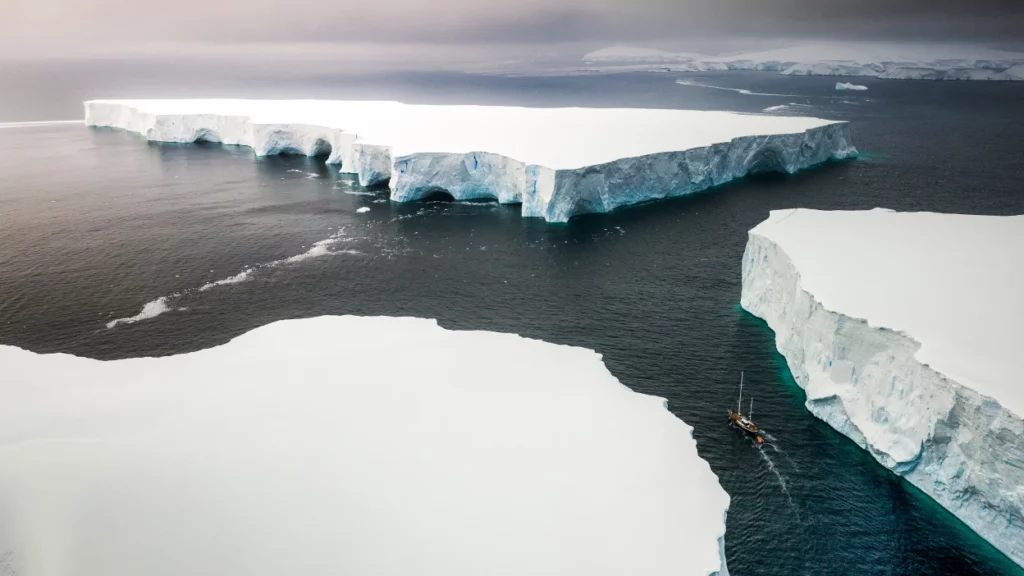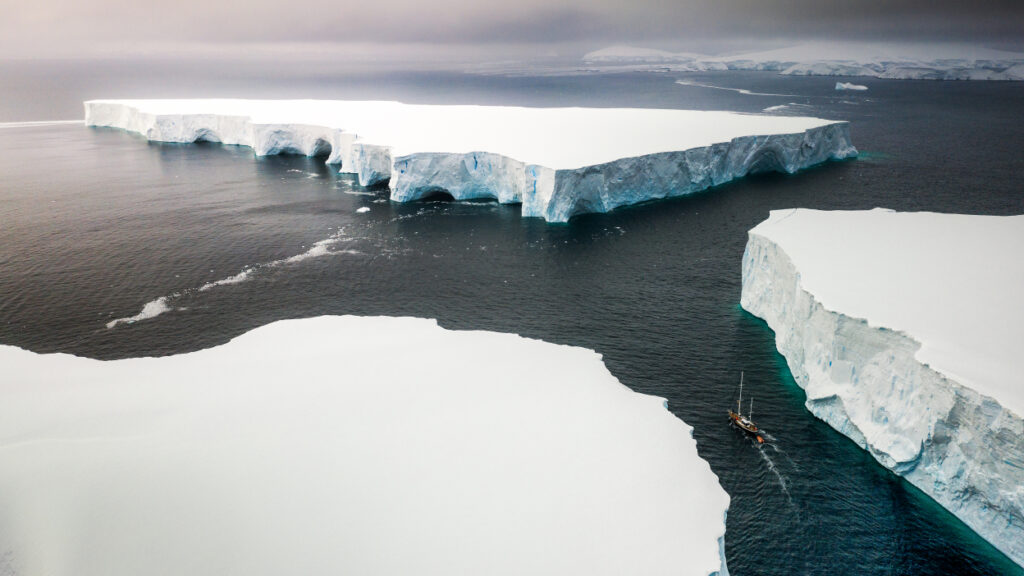No, not Thwaites again. At least not this week. Rather, in the spirit of seeking harmony rather than assuming the worst of our foes, we note that David Leonhardt in the New York Times’ “The Morning” just said something true, unexpected and important. “Good morning. Why ‘follow the science’ fails to answer many questions.” Good morning indeed, and we’re glad you finally showed up. “The science” has been used as a hammer to smash debate for some time now on COVID, but with climate as the template. Leonhardt continues: “If you want to minimize your risk of getting sick from food, you probably need to eat less tasty food than you now do. If you want to minimize your chance of dying today, you should not get inside a vehicle. If you want to minimize your children’s chance of going to an emergency room, don’t allow them to ride a bike or play sports. Unfortunately, none of these statements provide answers about what to do. People have to weigh the risks and benefits.” Egad. Is he talking about tradeoffs? Make your point quickly because you’ll be cancelled before long.
Leonhardt deserves kudos, and we offer it along with kudos to anyone who knows it’s singular, for saying “Many people have come to believe that expert opinion is a unitary, omniscient force. That’s the assumption behind the phrases ‘follow the science’ and ‘what the science says.’ It imagines science almost as a god — Science — who could solve our dilemmas if we only listened.” But he seems a bit fuzzy on the history. “When Donald Trump was president and making false statements to downplay Covid, ‘follow the science’ began to gain popularity.” A partisan jab is the price of being printed in the Times but the problem didn’t start there.
It also won’t end there. But since we really are trying to be positive not snarky, and find common ground, here’s something else he says that ought to be pondered widely and deeply. After pointing out that people instinctively weigh risks and benefits Leonhardt notes:
“[People] let their kids play sports, but maybe not violent ones. They don’t drive in a snowstorm. They ignore the C.D.C.’s advice about medium-rare burgers and heed its warnings about medium-rare chicken. If you wade into the angry, polarized Covid debates on social media and cable television, you will find people who try to wish away these trade-offs. They pretend that science offers an unambiguous answer, and it happens to be the answer they favor.”
We’re not sold on his claim that both sides talk this way with equal fervor. Though clearly many opponents of mandates have taken absurd positions on medical questions with no less dogmatic and intolerant a tone. But enough of this COVID. What of climate?
Uh, nothing. He doesn’t mention it. Neither “climate” nor “warming” appear in the piece. Perhaps he thought “one thing at a time” or that he was getting himself in enough trouble already. Or perhaps it literally did not occur to him that the shrieking about scientific consensus and “deniers” was even louder over there, for far longer, though it is hard to see why not unless he’s… um… no, we won’t go there. Or rather, not on the personalities. But definitely yes on the concepts.
Perhaps one day soon he will join us and concede that “the science” is not settled on climate either, and that even once you think you know where it currently leans, there are very important trade-offs between going Net Zero and going broke, losing wars and other things you cannot wish away.



Robert Heinlein had it right: "Always listen to experts. They'll tell you what can't be done, and why. Then do it."
Also: "If 'everybody knows' such-and-such, then it ain't so, by at least ten thousand to one."